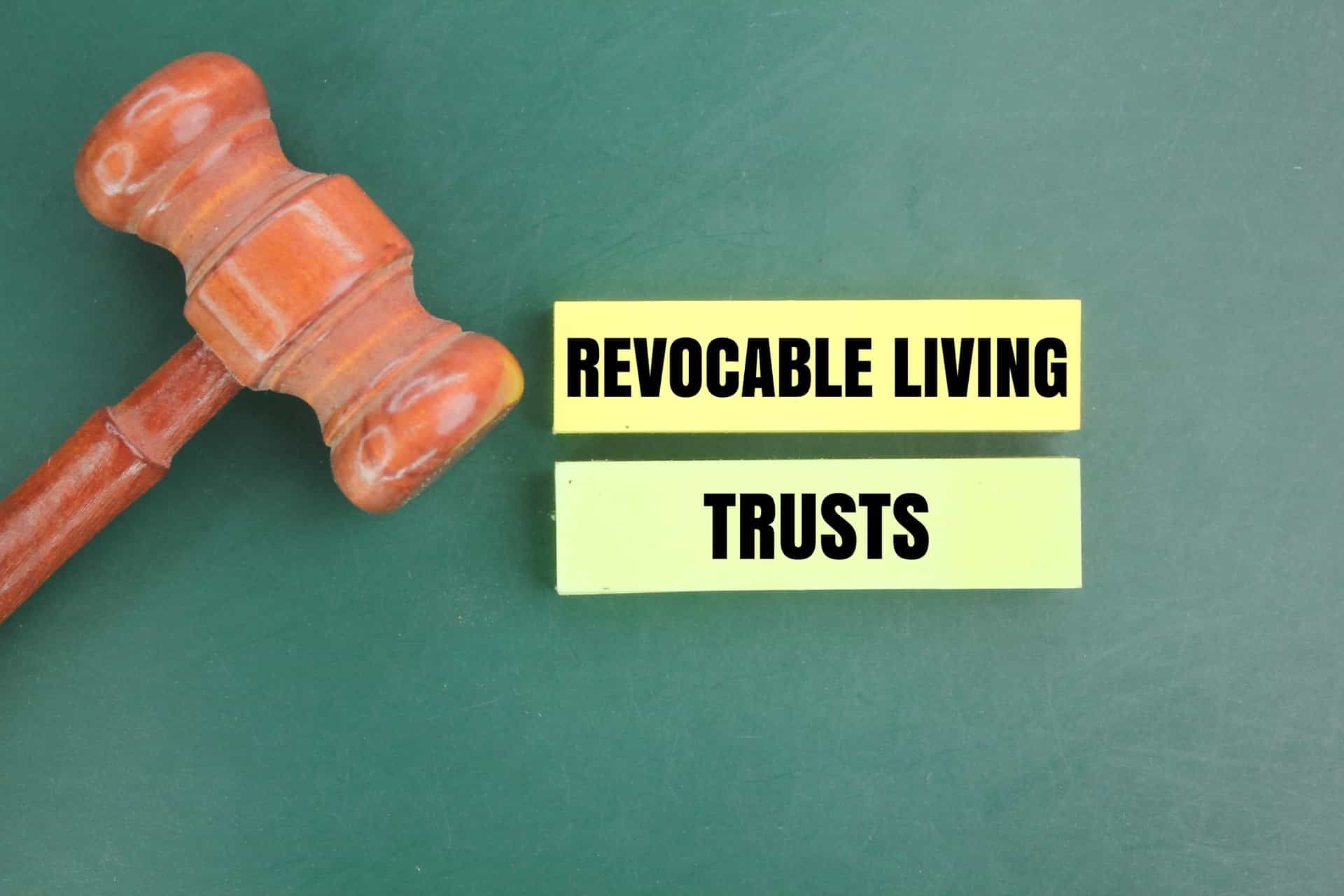Advance Directive vs. Power of Attorney: Key Differences
Planning for the future is important, especially when it comes to decisions about your healthcare and finances. Two essential legal documents that help with this are Advance Directives and Power of Attorney (POA).
While both serve to protect your wishes, they function in different ways and apply to different aspects of your life. Understanding the key differences can help you make the right choices for yourself and your loved ones.
What Is an Advance Directive?
An Advance Directive is a legal document that outlines your medical treatment preferences in case you are unable to communicate them yourself. It ensures that your healthcare decisions are followed, even if you become unconscious or mentally incapacitated. While federal law encourages the use of Advance Directives, it does not mandate their completion nor condition treatment on having one in place.
Key Features of an Advance Directive
- Focuses on Medical Care: Advance Directives only apply to healthcare decisions, such as life support, resuscitation, and pain management.
- Takes Effect When You Are Incapacitated: This document becomes active when you are unable to make or express decisions due to illness or injury, typically assessed by a medical professional.
- Provides Clear Instructions for Doctors: It removes uncertainty by letting medical professionals and family members know your exact wishes.
- Reduces Burden on Loved Ones: Having an Advance Directive prevents your family from having to make tough medical decisions on your behalf.
There are two main types of Advance Directives: Living Wills and Healthcare Proxies (or Medical Power of Attorney). A Living Will specifically outlines your medical treatment preferences, while a Healthcare Proxy allows you to appoint someone to make medical decisions for you. Many states combine these into a single document for simplicity.
What Is a Power of Attorney (POA)?
A Power of Attorney (POA) is a legal document that gives another person the authority to make decisions on your behalf. Depending on the type of POA, it can apply to financial, medical, or legal matters.
Key Features of a Power of Attorney
- Covers More Than Medical Decisions: Unlike an Advance Directive, a POA can include financial and legal matters.
- Can Be Active Before Incapacitation: Some POAs allow the appointed person to act on your behalf even if you are still mentally capable.
- Allows Real-Time Decision-Making: Unlike an Advance Directive, which provides specific instructions, a POA allows someone to make flexible decisions in changing circumstances.
Types of POAs include:
- Financial POA: Allows an agent to handle money-related matters.
- Medical POA: Grants decision-making power over healthcare.
Differences Between an Advance Directive and a Power of Attorney
While both an Advance Directive and a Power of Attorney are used for planning important decisions, they have distinct differences:
- Purpose: An Advance Directive is only for healthcare-related decisions, while a Power of Attorney can cover financial, medical, and legal matters.
- Scope of Control: An Advance Directive gives specific instructions about medical treatments, whereas a POA allows someone to make broader decisions for you.
- Flexibility: A POA allows an appointed person to make real-time decisions, while an Advance Directive provides fixed guidelines that must be followed.
- When It Takes Effect: An Advance Directive only applies when you are incapacitated, while a POA can be effective immediately or when you lose the ability to make decisions. Many states allow for a "springing" POA that activates upon incapacity.
Why You May Need Both Documents
To fully protect yourself, it is wise to have both an Advance Directive and a Power of Attorney. Together, these documents ensure that your wishes are carried out in every situation.
An Advance Directive provides clear instructions about your medical care, making it easier for doctors and family members to respect your preferences. A Medical Power of Attorney gives a trusted person the ability to make healthcare decisions that may not be covered in your Advance Directive.
A Financial Power of Attorney ensures that your financial affairs are managed if you are unable to handle them yourself. Without it, your family may need to go through a lengthy court process to gain control over your finances.
Having both an Advance Directive and a Power of Attorney ensures that you have control over your future, reduces stress for your loved ones, and avoids legal complications.
How to Create an Advance Directive and Power of Attorney
Steps to Create an Advance Directive
- Consult an Attorney: Work with an estate planning lawyer to ensure your document meets state laws.
- Decide on Your Medical Preferences: Outline your choices for life support, resuscitation, and other treatments.
- Complete the Necessary Forms: Your attorney can provide official Advance Directive forms specific to your state.
- Sign and Notarize: Some states require notarization or witnesses for the document to be valid.
- Distribute Copies: Provide copies to your doctor, family members, and anyone involved in your healthcare.
Steps to Create a Power of Attorney
- Choose a Trusted Agent: Select someone responsible to act on your behalf.
- Decide on the Scope of Authority: Determine if your POA will cover healthcare, finances, or both.
- Draft the POA Document: Work with a lawyer to ensure all details are correctly included.
- Sign and Notarize: Many states require notarization or witnesses for legal validation.
- Store and Share Copies: Keep the original in a safe place and provide copies to your agent and family members.
Final Thoughts
Both an Advance Directive and a Power of Attorney are essential tools for planning your future. While an Advance Directive ensures your medical treatment preferences are followed, a Power of Attorney allows someone you trust to make important decisions on your behalf.
By having both documents in place, you can protect your interests, ease the burden on your family, and ensure that your wishes are honored.
Need help setting up an Advance Directive or Power of Attorney? Contact
Florida Tax Lawyers today for expert legal guidance!
Disclaimer: The information on this website and blog is for general informational purposes only and is not professional advice. We make no guarantees of accuracy or completeness. We disclaim all liability for errors, omissions, or reliance on this content. Always consult a qualified professional for specific guidance.
RECENT POSTS
CONTACT US






